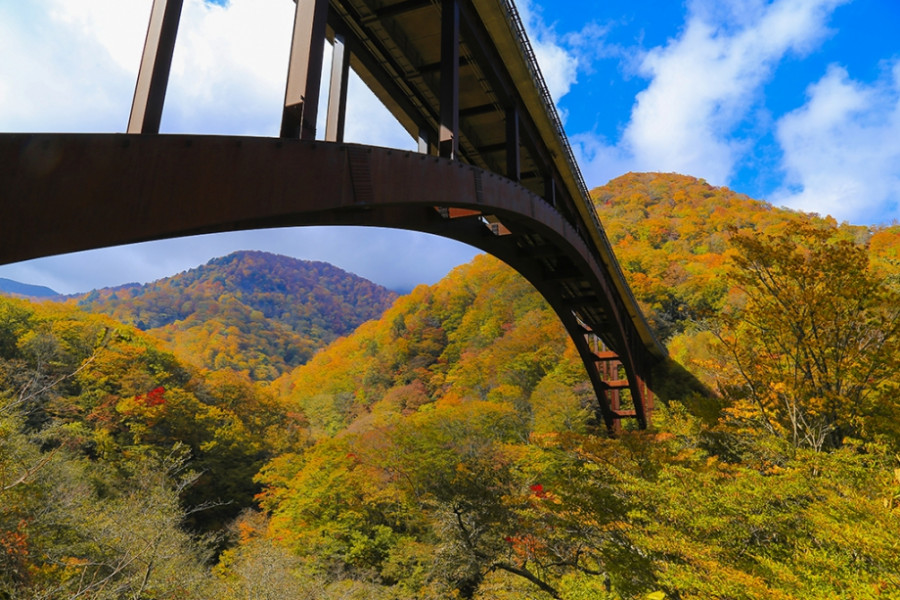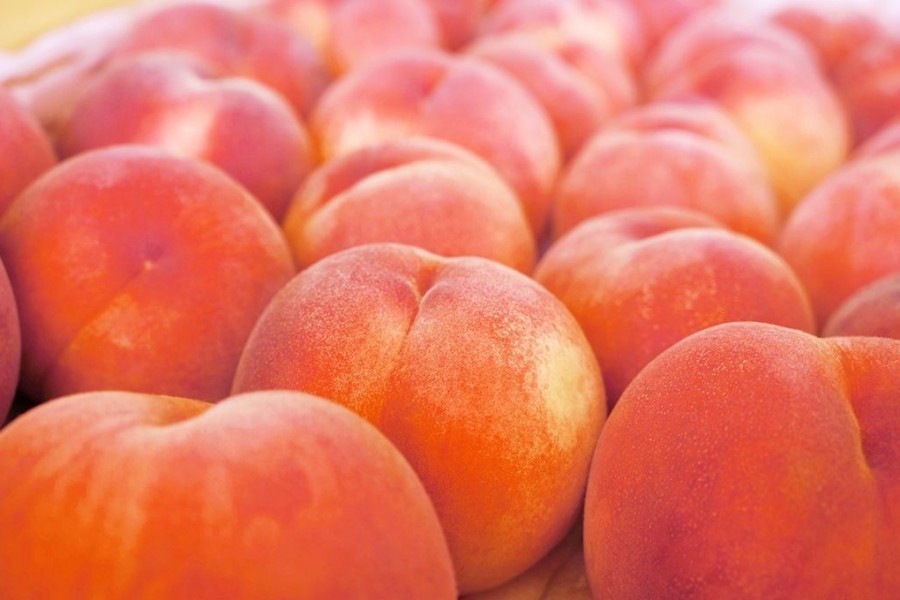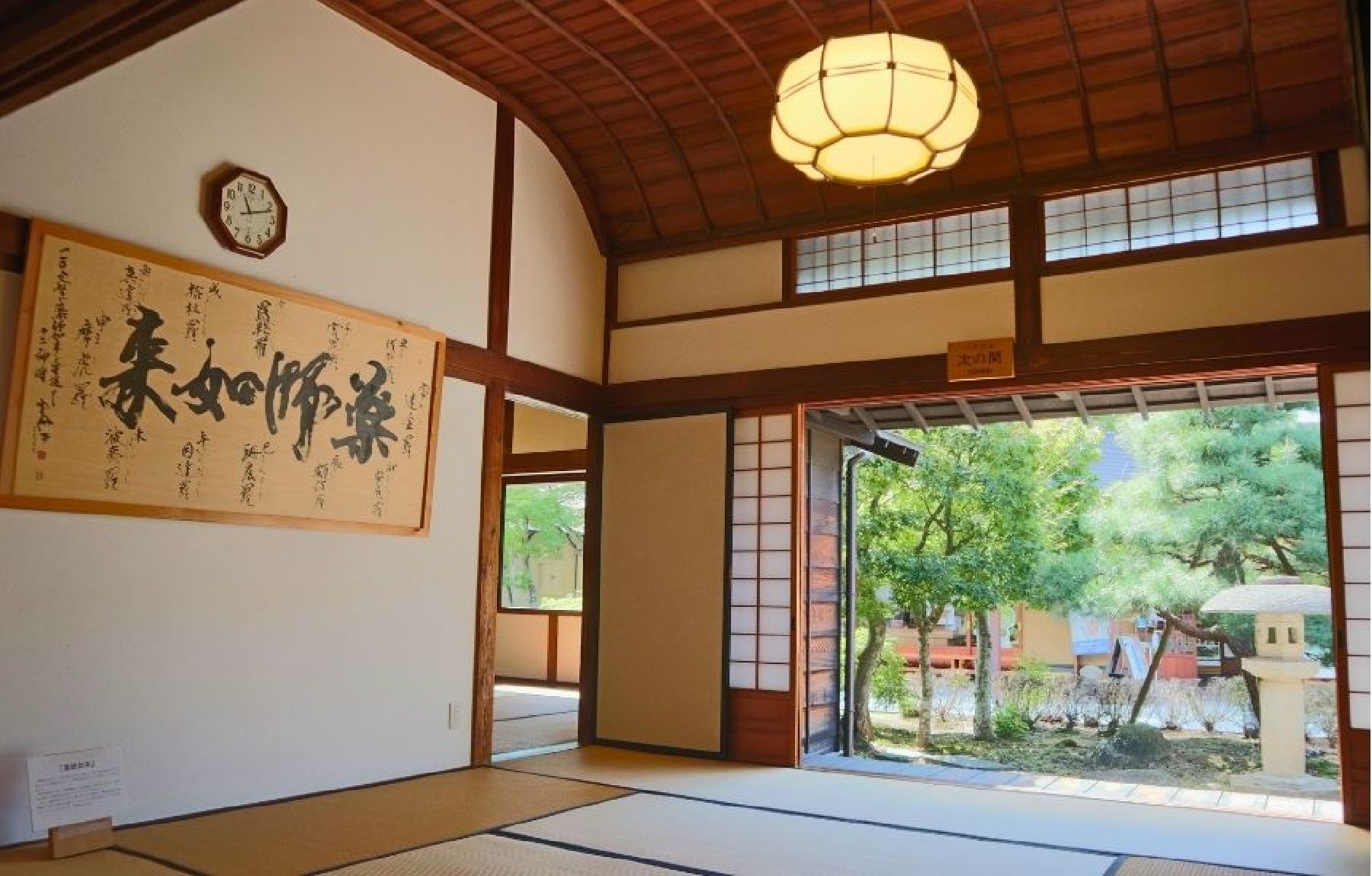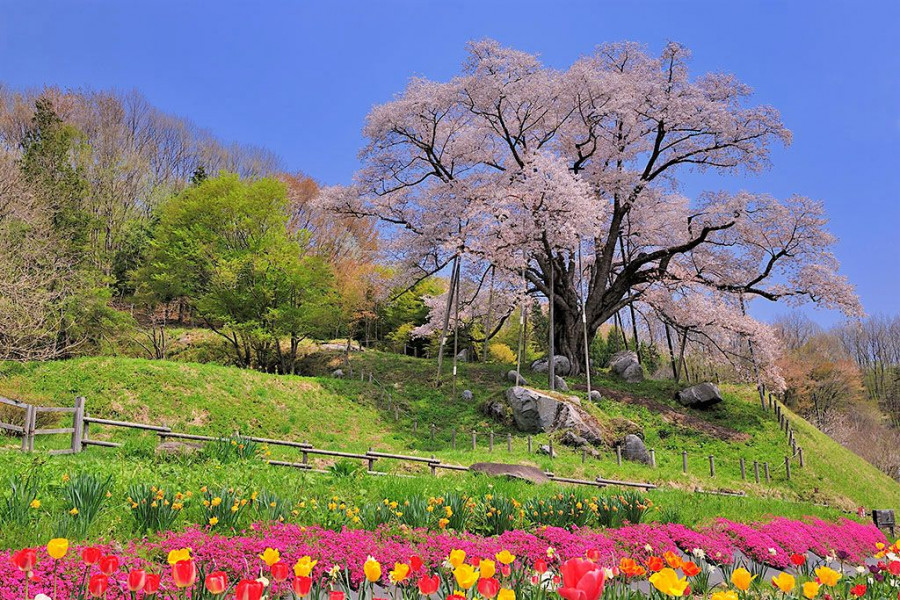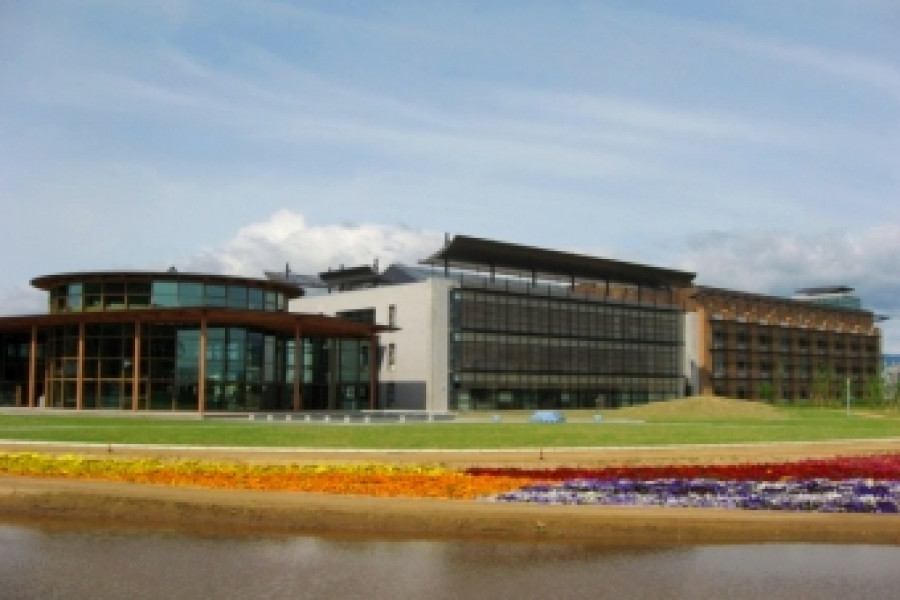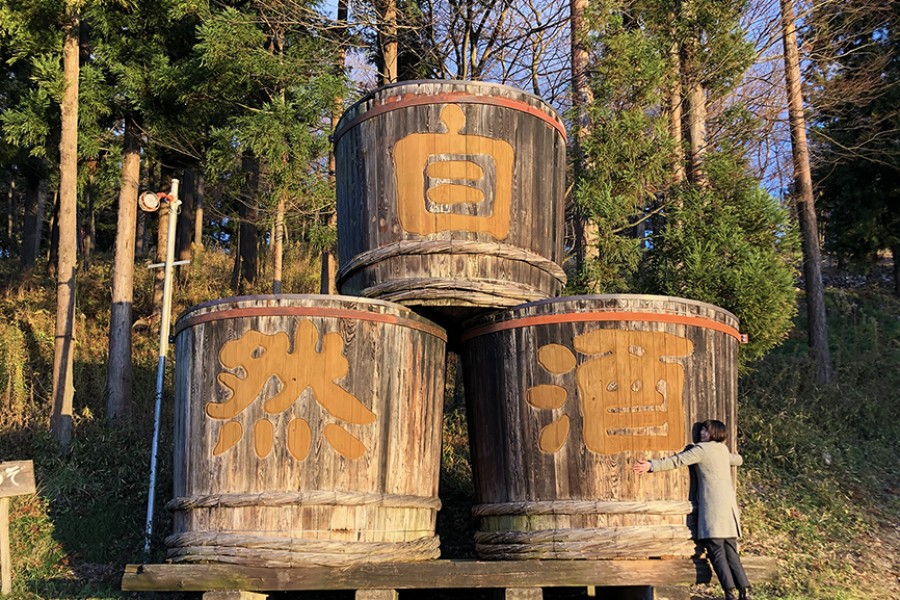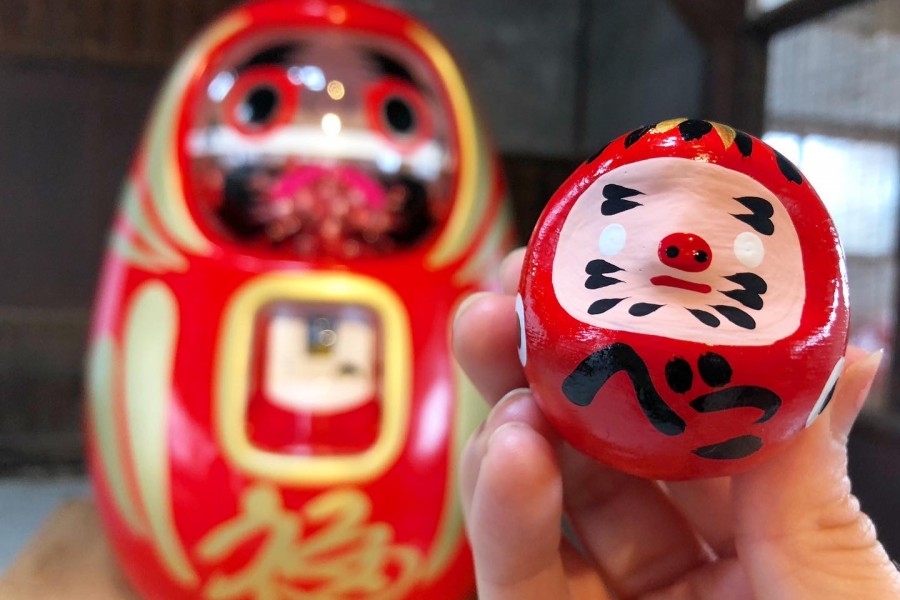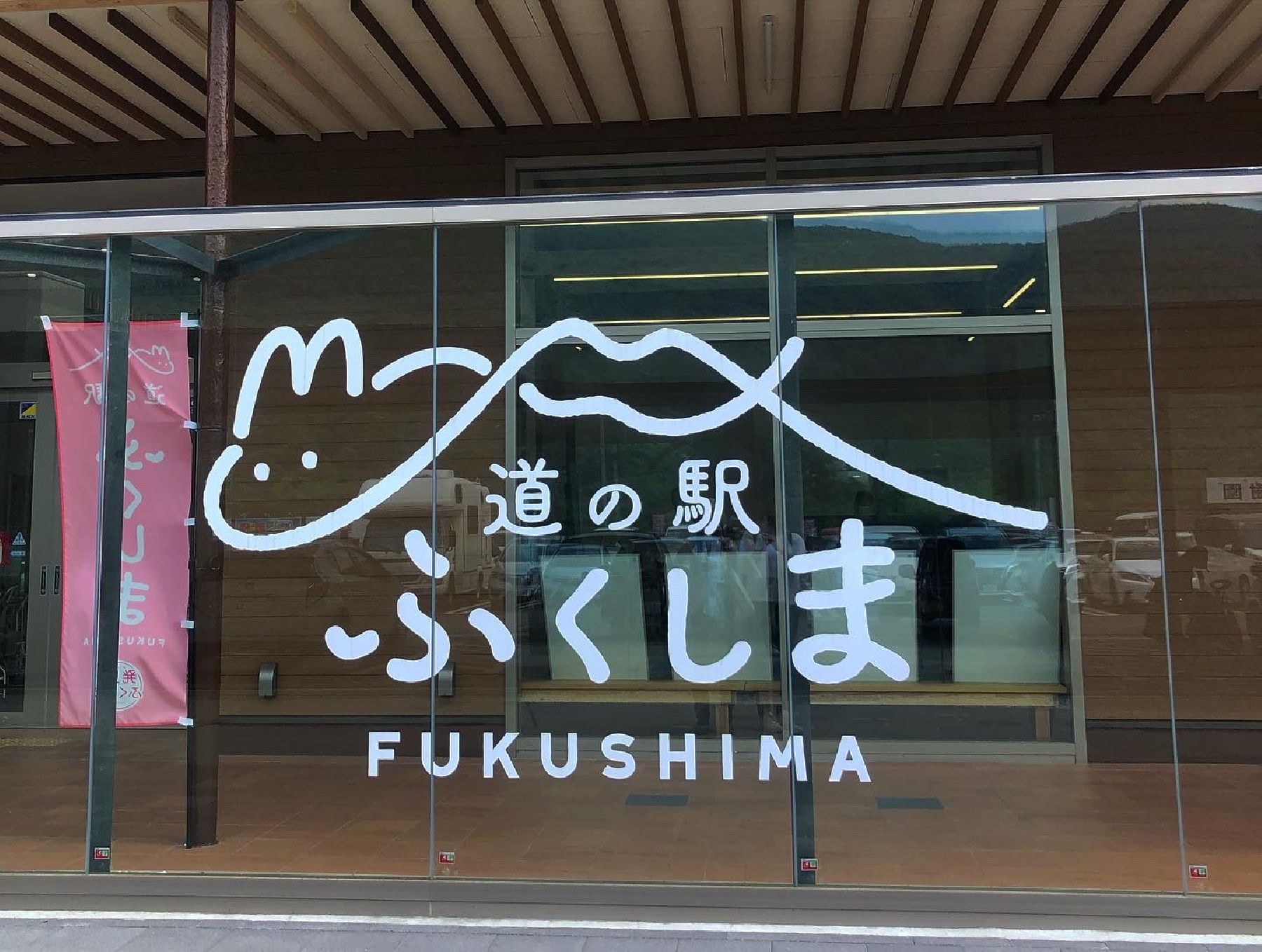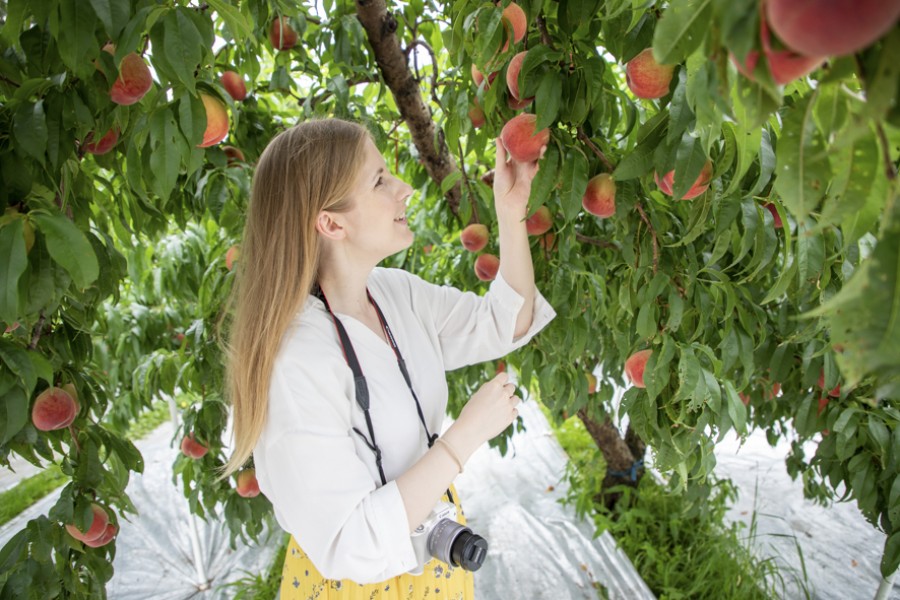Gourmet & Shopping
Niida Honke Sake Brewery
Located in the sleepy village of Tamura-machi, and surrounded by sprawling rice fields is the Niida-Honke brewery. Since its founding in 1711, Niida Honke has seen eighteen generations of head brewers, each bringing their own personality and subtle changes to the company and its sake. The current head brewer is Yasuhiko Niida, an incredibly nice person with an awe inspiring passion for making Sake. Under Mr. Niida’s supervision, Niida Honke has seen many changes. In 2011 the brewery celebrated its 300th anniversary and the achievement of using 100% natural rice in its brewing process. Unfortunately, this was the same year as the Great East Japan Earthquake and the following nuclear disaster. Despite the difficulties, Niida Honke worked hard to return the health of the rice fields. After the fields were cleaned and returned to their healthy status, a decision was made to move the company into a more sustainable and natural direction with the goal of creating its sake with 100% natural and organic ingredients. They currently grow much of the rice used to create their sake in the fields that surround the brewery. Working with local farmers to create healthy, high quality rice that is grown without the use of pesticides or harmful chemicals. In the future Niida Honke aims to brew all of its sake in natural wooden tanks, switch entirely to solar power, and grow 100% of its own rice. For each bottle that you buy, Niida Honke takes one step closer to these goals.Read more about the sake brewing process at Niida Honke!
